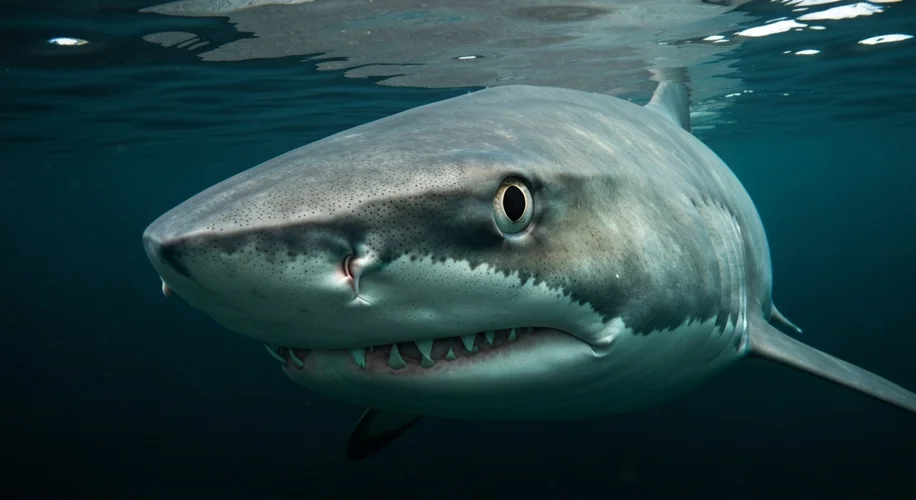Did you know that sharks’ teeth are actually changing, and not for the better? Scientists are observing a concerning trend: shark teeth are experiencing degradation. This isn’t just some random event; it’s a direct consequence of something happening in our oceans right now, and it’s linked to increasing ocean acidification.
What is Ocean Acidification?
When we talk about ocean acidification, we’re referring to the ongoing decrease in the pH of the Earth’s oceans, caused by the uptake of carbon dioxide (CO2) from the atmosphere. Think of it like this: as more CO2 is released into the air, more of it gets absorbed by the oceans. This absorption changes the ocean’s chemistry, making it more acidic.
Why This Matters for Sharks
Sharks, like many marine animals, have teeth that are primarily made of minerals, particularly calcium phosphate. Ocean acidification can interfere with the ability of marine organisms to build and maintain their shells and skeletons, and it turns out, it can also affect the integrity of shark teeth. While shark teeth are incredibly resilient, prolonged exposure to more acidic waters can lead to a breakdown of the mineral structure.
Why is this terrifying? Well, a shark’s teeth are crucial for its survival. They’re essential for hunting, feeding, and even defense. If their teeth are degrading, it directly impacts their ability to eat and thrive. This could lead to malnutrition, reduced reproductive success, and ultimately, a decline in shark populations.
A Ripple Effect in the Ecosystem
Sharks are apex predators, meaning they sit at the top of the marine food chain. Their health is a strong indicator of the overall health of the ocean ecosystem. If shark populations decline due to issues like tooth degradation, it can cause a ripple effect throughout the entire marine environment. Prey populations might increase unchecked, leading to imbalances that can affect everything from coral reefs to smaller fish species.
What Can We Do?
This is why I’m so passionate about understanding the science behind climate change and its impact on our planet. The degradation of shark teeth is a stark, tangible reminder of how our actions on land affect life in the sea. The primary driver behind ocean acidification is the excess carbon dioxide we release into the atmosphere, largely from burning fossil fuels.
So, what can we do? It comes down to reducing our carbon footprint. This can involve making conscious choices in our daily lives, like conserving energy, opting for sustainable transportation, reducing waste, and supporting policies that promote clean energy. Educating ourselves and others about these issues is also a powerful first step.
It’s easy to feel overwhelmed, but every action counts. By understanding the science and making informed choices, we can help protect these incredible creatures and the vital marine ecosystems they inhabit.

